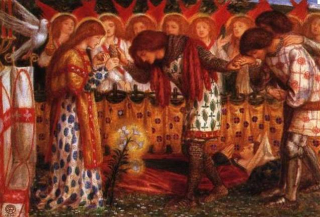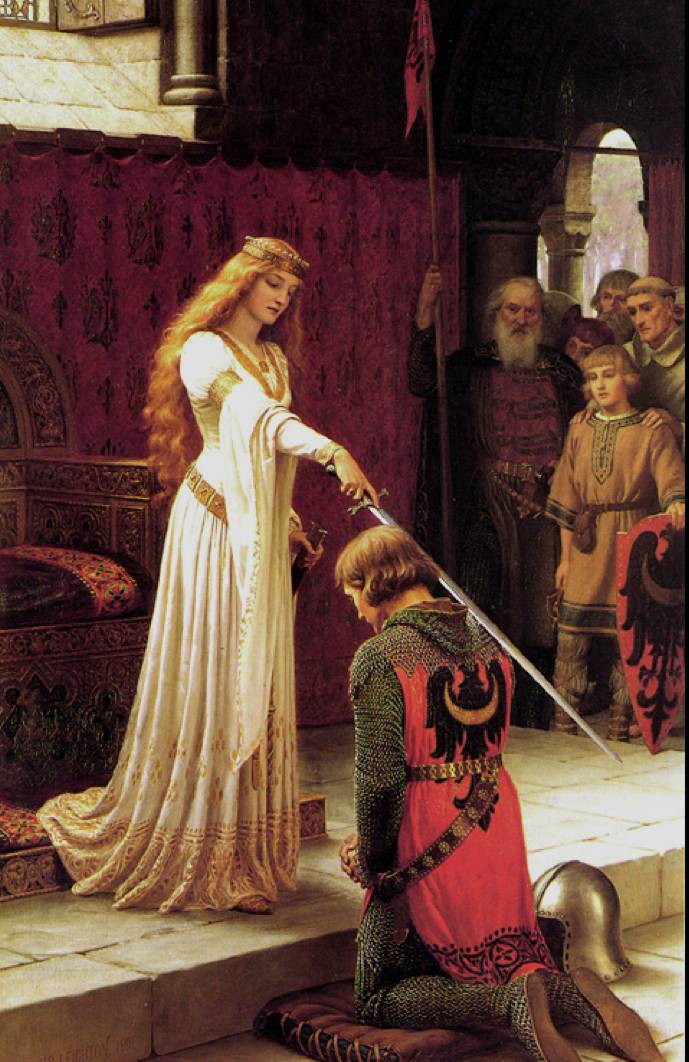Ximene is faced with a personal crisis. She has been brought up to believe that her destiny is to reclaim her inheritance and create a haven for members of the Cathar religion who were also dispossessed and persecuted during the crusade. Ximene wrestles with her conscience. The material world is a living hell and all humans are trying to escape from it. Escape can only be achieved if there is total rejection of material possessions. She fears that to fulfil her destiny she will inevitably place herself in conflict with this teaching.
 Ximene is faced with a personal crisis. She has been brought up to believe that her destiny is to reclaim her inheritance and create a haven for members of the Cathar religion who were also dispossessed and persecuted during the crusade. Ximene wrestles with her conscience. The material world is a living hell and all humans are trying to escape from it. Escape can only be achieved if there is total rejection of material possessions. She fears that to fulfil her destiny she will inevitably place herself in conflict with this teaching.
Ximene is faced with a personal crisis. She has been brought up to believe that her destiny is to reclaim her inheritance and create a haven for members of the Cathar religion who were also dispossessed and persecuted during the crusade. Ximene wrestles with her conscience. The material world is a living hell and all humans are trying to escape from it. Escape can only be achieved if there is total rejection of material possessions. She fears that to fulfil her destiny she will inevitably place herself in conflict with this teaching.
What no one has been able to explain satisfactorily is how this can be achieved.
Her uncle and guardian Gaston de Foix believes that he can use the inheritance to his own advantage by auctioning Ximene’s hand in marriage to the highest bidder, the bid’s taking the form of political and territorial gains for Gaston himself.
Ximene’s grandmother, who has educated her as a cathar and who is the one who has scripted Ximene’s view of her destiny, suffers from “mystic insights”. She believes that the Good God will find a way. Her assumption is that there will be divine intervention, most probably in the form of a powerful man who will sweep Ximene off her feet and deliver everything which is required.
Ximene accepts neither of these solutions and comes to believe that whatever is done it will be of her own volition and that therefore above all else she must have the freedom to make independent decisions.
